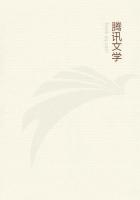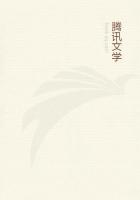Next in order after the foregoing, we must say for how many and for what purposes the treatise is useful. They are three-intellectual training, casual encounters, and the philosophical sciences. That it is useful as a training is obvious on the face of it. The possession of a plan of inquiry will enable us more easily to argue about the subject proposed. For purposes of casual encounters, it is useful because when we have counted up the opinions held by most people, we shall meet them on the ground not of other people's convictions but of their own, while we shift the ground of any argument that they appear to us to state unsoundly.
For the study of the philosophical sciences it is useful, because the ability to raise searching difficulties on both sides of a subject will make us detect more easily the truth and error about the several points that arise. It has a further use in relation to the ultimate bases of the principles used in the several sciences. For it is impossible to discuss them at all from the principles proper to the particular science in hand, seeing that the principles are the prius of everything else: it is through the opinions generally held on the particular points that these have to be discussed, and this task belongs properly, or most appropriately, to dialectic: for dialectic is a process of criticism wherein lies the path to the principles of all inquiries.















